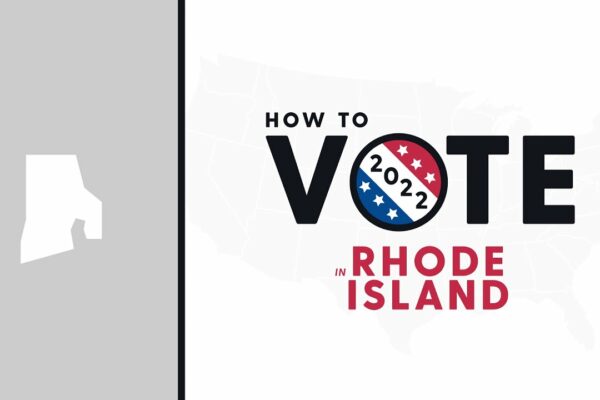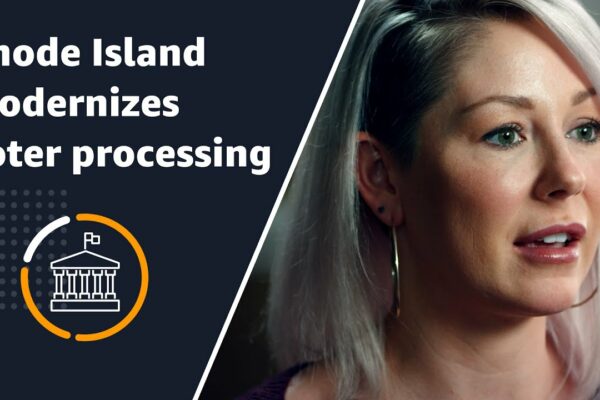
Has the state of Rhode Island ever cast its vote for a Republican candidate?
Rhode Island, historically a stronghold for Democrats, has rarely favored Republican candidates in presidential elections. In fact, the state has not cast its electoral votes for a Republican since 1984. While the political landscape can shift, it remains to be seen whether the GOP can gain traction and alter the long-standing electoral trend in the Ocean State.



